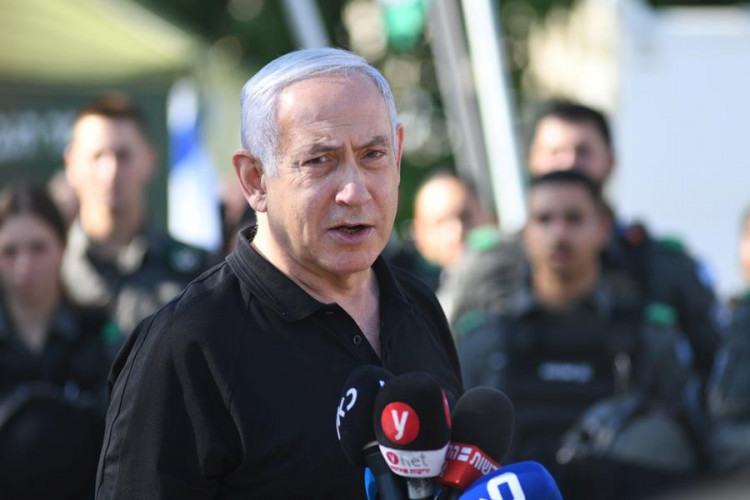In a bold overnight operation, Israeli forces successfully extricated two hostages from captivity in the Gaza city of Rafah, intensifying the already fraught tensions in the region. The hostages, identified as Fernando Marman, 60, and Louis Har, 70, were subsequently transported to Sheba Tel Hashomer Hospital in Israel, marking a significant moment in the ongoing conflict.
The operation, a collaborative effort involving the Israel Defense Forces (IDF), the Israeli Securities Authority, and Israeli police, was executed under the cover of darkness, culminating in a tense showdown that resulted in the hostages being freed from a civilian building amidst a heavily populated neighborhood. "The hostages were held captive in harsh conditions," IDF spokesman Daniel Hagari revealed, underscoring the perilous nature of the mission.
“This rescue mission underscores the importance of our ground operation in Gaza. We have a moral obligation to bring all our hostages home, an obligation that we will continue doing everything in our power to fulfill.”
Watch the full statement by IDF Spokesperson RAdl. Daniel… pic.twitter.com/M29G46pJw1 — Israel Defense Forces (@IDF) February 12, 2024
Prime Minister Benjamin Netanyahu lauded the operation's success, emphasizing the imperative of military persistence. "Only continued military pressure, until total victory, will bring the release of all our hostages," Netanyahu affirmed, signaling a steadfast commitment to the ongoing military campaign.
The operation's backdrop was a city already beleaguered by conflict, with Rafah serving as a refuge for displaced civilians. Amidst the rescue, the IDF engaged in airstrikes, which, according to Gaza health officials, resulted in significant civilian casualties. The Gazan Ministry of Health reported that 67 individuals lost their lives due to the bombardment, highlighting the tragic toll of the conflict on the civilian population.
Critics and observers alike have raised concerns about the humanitarian implications of such military actions, particularly in densely populated areas. Ibrahim Hassouna, a local resident, voiced his anguish, questioning the rationale behind the strikes that devastated his family. "Why did you kill my family while they were sleeping?" Hassouna lamented, encapsulating the profound human cost of the conflict.
The geopolitical ramifications of the operation extend beyond the immediate military outcomes, with international voices expressing alarm over the potential for escalated violence. The Dutch appeals court, citing concerns over international humanitarian law, took a stand by blocking the export of F-35 fighter jet parts to Israel, a move that underscores the growing international scrutiny of military operations in Gaza.
As the situation unfolds, the global community watches closely, with calls for a measured approach that prioritizes civilian safety and a return to diplomatic negotiations. The rescue operation, while a tactical success, serves as a poignant reminder of the complex and often tragic nature of conflict, where victories on the battlefield are frequently accompanied by profound losses among the innocent.




